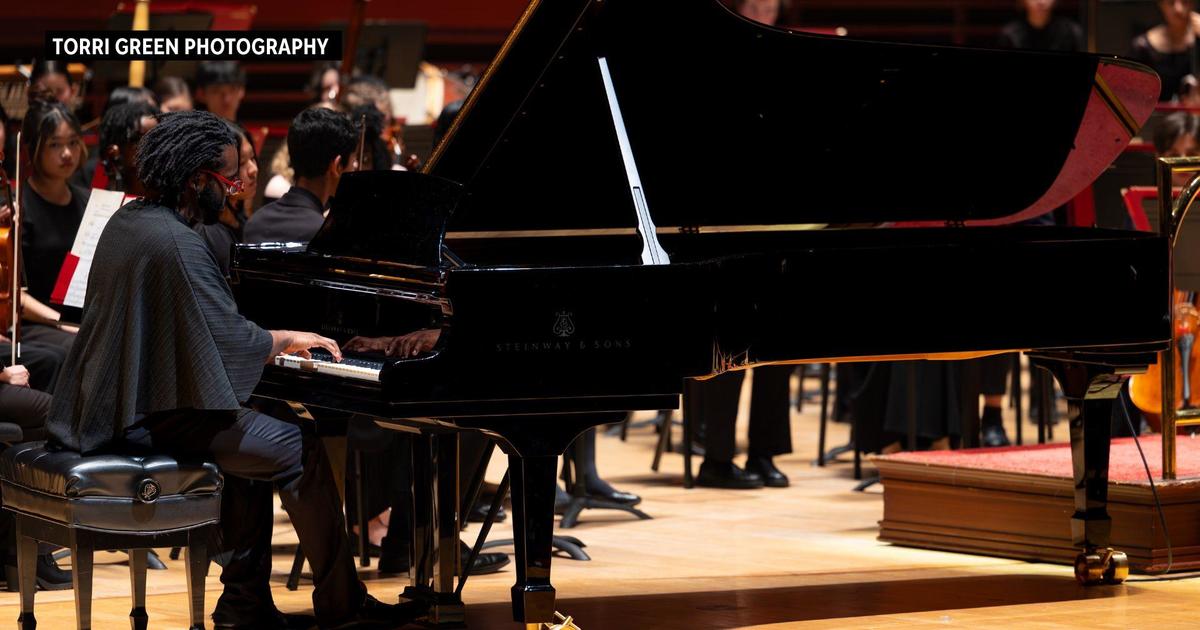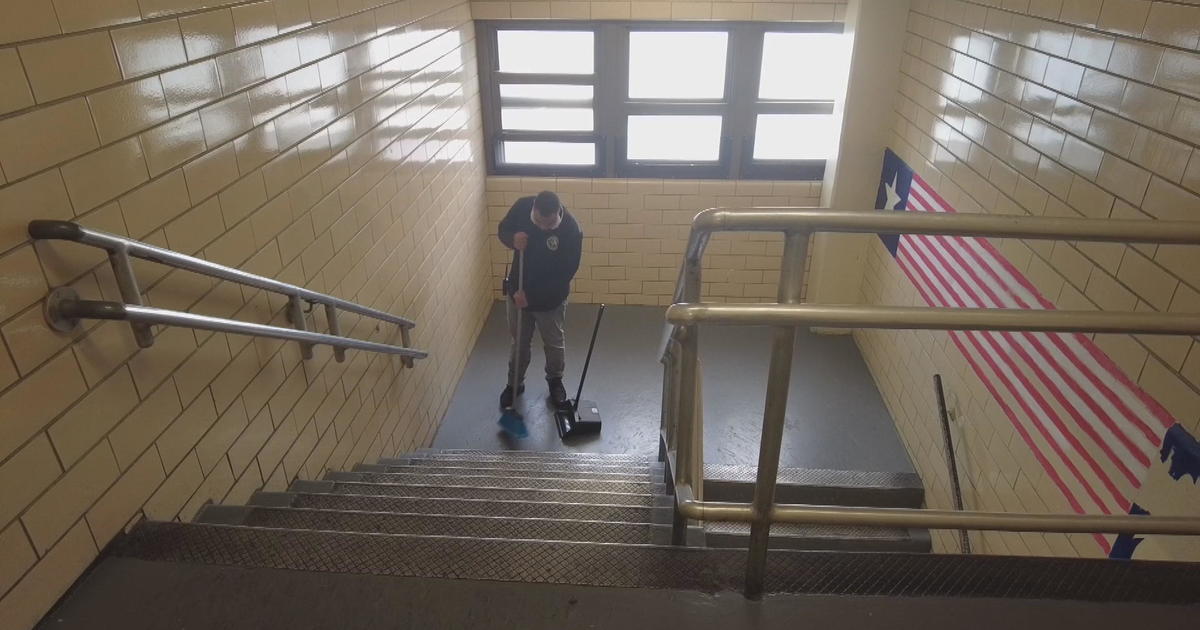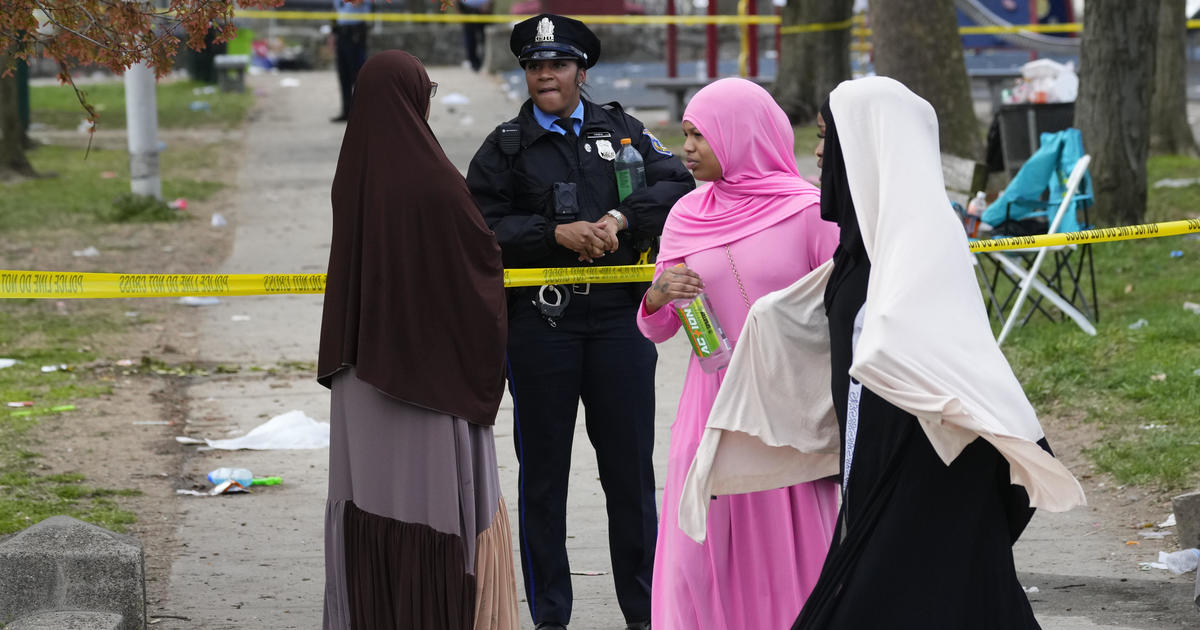The Truth About Multi-Tasking
PHILADELPHIA (CBS) - Doing two or three things at once is the art of multi-tasking. We're all doing it more than ever. But as Natasha Brown shows us, science says we might actually be making ourselves less productive.
Even at home, Deborah Toney-Moore is connected to work, texting even with her 5-month-old grandchild on her lap.
"I love to do two or three things at the same time," she said. "I find I can get more done that way."
And at work at her PR company, Mindie Barnett is on the phone and dialing her smart phone, sometimes while her 2-year-old daughter is just across the hallway in a playroom.
"You could be in the middle of writing a press release or some sort of document, then you have to quickly switch gears," she said.
Between smart phones, emails, landlines, we're always juggling, all the time. We think we're being efficient. But science is showing multitasking comes at a price.
For example, researchers at Vanderbilt University used a functional MRI machine on test subjects to see how efficiently they could press buttons and do another task at the same time.
Researchers found a bottleneck in the brain. Like a highway down to one lane, the brain can really only process one thing at a time. Multi-tasking means the brain has to switch constantly between tasks, which takes longer than if you tackled one issue at a time.
"The problem comes from when we ask a little bit too much of our brains," said Drexel University associate professor Dario Salvucci, who studies multi-tasking and even wrote a book about it.
He created computer models that simulate how distracting texting while driving is. In fact, texting while driving makes you 20 times more likely to crash.
But Salvucci is also interested in finding ways to help our brains multi-task more effectively while at the office.
"Keep as much of the information on the screen as much as possible," suggests Salvucci. For instance, keeping two windows open at the same time is better than switching back and forth.
Other ideas:
Shut off your email or phone. If you can't, at least prioritize and don't let every message distract you. Pick something and finish it.
Of course, this assumes you believe the scientists that uni-tasking is better than multi-tasking.
"It might wreck my whole philosophy of living!" joked Toney-Moore, but it might also make tasks go a little faster.
Reported By Natasha Brown, CBS Philly



